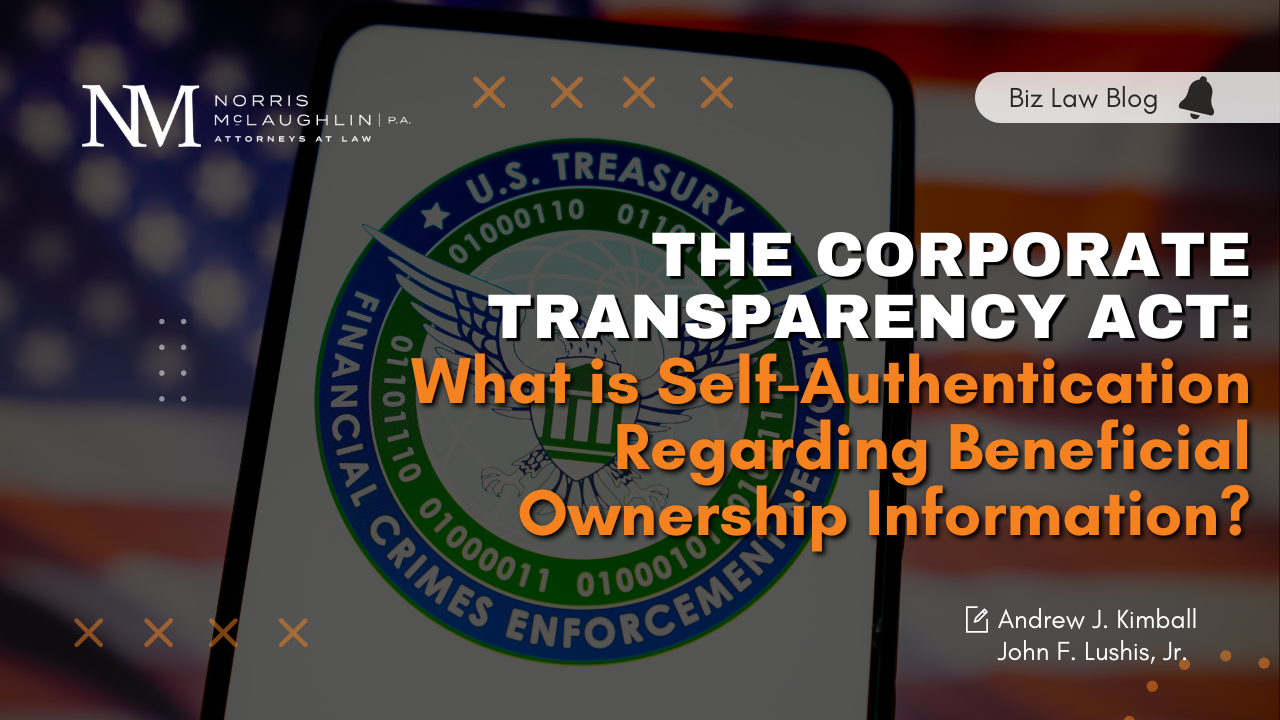Commerce, Culture, and Compliance

Banking, at least since the passage of the Federal Reserve Act in 1913 and the creation of Federal Deposit Insurance under the Glass-Steagall Act of 1933 (FDIC insurance actually became effective January 1, 1934), has been seen (at least in popular portrayals in books and movies) as a rather staid business conducted in marble edifices by men (although that is changing) who were reserved and rather aloof. All that changed in 1973 in the South Jersey town of Cherry Hill, less than 10 miles from Center City, Philadelphia. Vernon Hill, a Wharton School graduate and fast-food restaurant franchise owner (McDonald’s), decided to turn banking “on its ear,” by bringing fast-food convenience to banking.
Commerce Bank
Over the ensuing 33 years, he expanded Commerce Bank from one to over 435 locations, with each branch (internally called a “store”) having a standard and almost identical design. Commerce called itself, with good reason, the most convenient bank in America. Commerce was open 7 days a week (except in Bergen County, New Jersey). Commerce was known for its ”penny arcade” coin counting machines for customers and non-customers alike. It offered no-fee Visa gift cards, reimbursement of foreign ATM fees, and lollipops and dog biscuits in lobbies and drive-throughs. Commerce’s slogan was “No Stupid Fees, No Stupid Hours,” and it became known as “Mc-Bank.” Commerce Bank had “stores” from Florida to New York. The rapid growth and successes of Commerce Bank even led to a Harvard Business Review article in 2002, Frei, Francis X., Hajim, Corey, “Case Study: Commerce Bank” (2002-12-02).
Commerce Bank was a financial institution that placed a premium on market-driven entrepreneurship and innovation. But sometimes it moved too far, too fast for regulators. That culminated in a settlement by Commerce with both the Office of the Controller of the Currency (“OCC”) (the regulator of national banks, i.e., banks incorporated under the National Bank Act of 1863, as amended) and the Board of Governors of the Federal Reserve System (“FRB”), pursuant to which Commerce was substantially restricted in its ability to expand. That led Vernon Hill to retire in 2007 (with significant subsequent litigation between him and the bank). In late 2007, TD Bank, N.A., entered into an agreement to buy Commerce Bank in a transaction that closed March 31, 2008, just in time for the Great Recession of 2007-2009. After 2008, Commerce Bank became TD Bank, N.A., or did it? Who exactly is TD Bank, N.A., and where did IT come from?
TD Bank, N.A.
TD Bank, N.A., is an American subsidiary (incorporated under the National Bank Act) of Toronto-Dominion Bank, one of the so-called “Big Five” Canadian banks (and in fact the second-largest Canadian bank after Royal Bank of Canada). The Big Five have found it difficult to expand within Canada for both regulatory and political reasons. For example, the Bank of Montreal acquired Harris Trust Company of Chicago in 1984, and the Canadian Imperial Bank of Commerce purchased the U.S. investment banking firm Oppenheim & Co. in 1997. Accordingly, Toronto-Dominion cast its eyes south of the border as the 21st century arrived. [It is noteworthy that Toronto-Dominion also looked to the U.S. to grow in capital market services when it acquired Waterhouse Securities in 1996, which, in a later merger, led to Toronto-Dominion becoming the largest owner of TD Ameritrade].
In 1852, the Portland Savings Bank opened its doors in Portland, Maine, and then grew through mergers and acquisitions to become Peoples Heritage Bank in 1983. Around 2000, that institution expanded further throughout New England and became Banknorth. In 2004, Toronto-Dominion, looking for opportunities in the U.S., acquired majority ownership of Banknorth, with the American operation becoming TD Banknorth in 2007. By September 2009 all of the Commerce Bank “stores” and all of the TD Banknorth branches had been rebranded as “TD Bank, N.A.” Subsequent acquisitions in September 2010 in North and South Carolina filled in the reach of TD Bank, N.A., branches, which now stretched from Florida to Maine. It is noteworthy that TD Bank, N.A., adopted, by 2009, the slogan that it was “America’s Most Convenient Bank.”
So, to answer the second question posed above, TD Bank, N.A., is a major financial bank in the U.S. that can trace its origins to the “Down-East” of the rocky shores of Maine as a thrift institution. As of 2009, it “OWNED” the remnants of “Mc-Bank.” It has long been recognized that a key factor in mergers or acquisitions is the divergence (if any) between the cultures of the merging entities, and the ability to manage overcoming that divergence. Clearly, the “Banknorth” origins of TD Bank, N.A., are startlingly different from the entrepreneurial “fast-food” focus of “Mc-Bank.” The Harvard Business Review published a lengthy analysis of the Amazon 2017 acquisition of Whole Foods in the October 2, 2018, issue, “One Reason Mergers Fail: The Two Cultures Aren’t Compatible.” The more encyclopediac March 26, 2019, work from Oliver Engert, Becky Kaetzler, Kameron Kordestani, and Andy MacLean of McKinsey & Company, entitled “Organizational Culture in Mergers: Addressing the Unseen Forces,” defines culture, “… as the vision or mission that drives a company, the values that guide the behavior of its people, and the management practices, working norms, and mindsets that characterize how work actually gets done.”
Culture and Bank Mergers
On August 19, 2020, TD Bank, N.A., accepted a Consent Order from the Bureau of Consumer Financial Protection (“CFPB”) requiring the bank to pay to the bureau (or its agent), within ten days, both a $25 million civil penalty AND $97 million to fund “redress payments” to approximately 1.42 million present and former customers of the bank, who from January 1, 2014, through December 31, 2018, were wrongly charged overdraft fees in violation of the Electronic Fund Transfer Act and Regulation E. In addition, the bank was determined to have failed to meet its obligations under the Fair Credit Reporcting Act by refusing to investigate customer claims of error in the information provided to Credit Reporting Agencies. In relation to the Regulation E violations, the bank was found to have repeatedly falsely described the scope, timing, and costs of the various overdraft protection plans. The bank did not provide customers with a full description of overdraft plans and their costs until after a customer had orally “signed up” for a particular coverage (or declined it), although Regulation E requires written consent to be obtained from a customer to pay overdraft fees BEFORE such fees may be charged. Indeed in off-site locations, not a regular “store,” the bank employees frequently failed to bring the overdraft coverage disclosure forms to the places where those employees sought to enroll new customers. The Consent Order also prevents the bank from seeking any tax reduction or offset because of the civil money penalty, and forbids the bank from referring to the payment of that penalty in response to any other civil litigation brought by any bank customer against the bank (for example, a defamation claim based on the bank’s refusal to investigate customer claims of error with respect to credit information furnished by the bank to a credit reporting agency). One cannot help but note, given the institutional histories set out above, that the CFPB in the Consent Order consistently quotes bank employees who refer to the bank’s “stores.”
The Fair Credit Reporting Act, which dates from 1970, has long required furnishers of credit information to timely investigate and respond to claims of error. Regulation E as it relates to overdraft protection plans and fees dates from 2005. Yet these were apparently “foreign requirements” to the staff and management of TD Bank, N.A., a kind of willful blindness unexpected in a large (the seventh-largest in the U.S. by deposits and the eighth largest by total assets), sophisticated financial institution that styles itself as catering to individual customers; i.e., a truly sizable retail bank. Did the lapses in compliance – including flat-out material misstatements – stem from the cultural disparities between Commerce Bank and Banknorth? That is a question that only careful sociological and economic analysis can answer, but the August 19, 2020, Consent Order certainly suggests that bank examiners ought to look beyond the immediacy of files and financial statements.
If you have any questions about this post or any other related banking or general business law matters, please feel free to contact me at pdhutcheon@norris-law.com.




